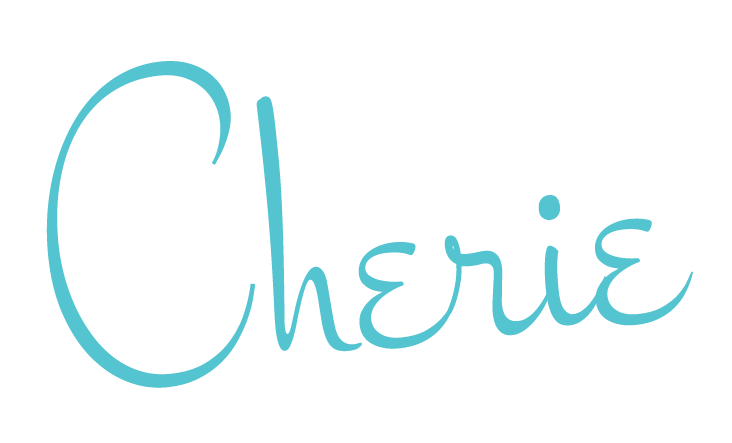Be a Genius
I doubt that anyone in the history of the history of all history would be silly enough to dispute that Albert Einstein was a genius. He was indeed in every sense of the word.
Yes, I’m asking you to be a genius. To be like Einstein. Simple, right?
It seems like an impossible climb.
It’s not.
I’m not saying you will be able to solve the world’s most complex equations after reading this. But you can tap into your own creative genius, just like Einstein. Crazy hair and all (this part is optional).
Einstein was a genius, but he was also a proponent of all the “I” words that I absolutely love and feel are important for us as creative beings. He attributed his discoveries not to knowledge and intellect but to these “I” words. What are these magical words? Inspiration, Innovation, Intuition, and Imagination.
What I want to focus on here is intuition.
Einstein said it best. “I think 99 times and find nothing. I stop thinking, swim in silence, and the truth comes to me.”
What exactly is intuition? It’s having a profound trust in something and knowing it to be true. We are all in our heads way too much. But great writing doesn’t come from the mind, it comes from this other place. It comes from a feeling place. We are being asked to trust, to observe the mind and instead of letting it take over or interfere, to watch and allow our inner knowing to lead.
Intuition resides in this quiet space where we can free ourselves of the constraints of our minds. Intuition is not about logical deduction but following your inner knowing. This inner guide is your most valuable writing tool. It will help you to know what is best for your story and for you. Fear and limiting thoughts are formed in your mind and from your ego. Intuition is supportive, free, and flowing, not critical or scary.
Our minds are feral and usually anchored in negative emotions. This is because our mind is focused on one thing: survival. Instead of trying to control the mind, we can remind the mind that we are safe. We can set the mind aside, which makes space for our creative genius to come out and play. Intelligence flows from intuition and creativity. Your mind may be active, but your intuition is more expansive. There are so many possibilities when we tap into our intuition.
The mind gets caught up in worries of the past and future. It fears losing control. The mind likes logic and reason, because it controls through logic and reason. Intuition is always in the present moment. When we listen to our intuition and our hearts’ desires, we are creating from a more pure and open space.
One of my favorite clients (I tend to bond with my clients, a hazard of the job) is a guy who was writing his memoir about all his years as a theater actor. He has written plays (even adapted one of Ray Bradbury’s plays and got to spend opening night with him) and has a solid command of words, but his confidence waned when it came to writing a book. When he approached me for help, his ideas were jumbled, the manuscript was super long (almost twice the standard length for a memoir), and it had all the normal hiccups I see in many first drafts.
What I also saw was his genius. He is a great playwright. He had written one scene in the book like he was writing a play, with the scene setup, setting, and dialogue. And it worked. With some tweaking, it could be a powerful device. I asked him about it, and he was a little embarrassed, as if it was a mistake to put it in. “Maybe I should take it out?”
“On the contrary,” I said. “You are a thespian and playwright, and that is why people will be drawn to your book. Why not play to your strengths? I’d like to see this throughout your book. It’ll show us even more of who you are. This is your brilliance.”
He trusted me and more importantly, he learned to trust his instincts, the reason he included that piece in the first place. After several drafts and lots of inspired writing, his book worked beautifully. All I could think to say when it came out was, “Bravo!”
In the beginning when I work with a writer, I get paid to read and edit their book. After all our time working together, the most remarkable thing happens. I witness writers tapping into their genius by following their intuition—I would now pay to read their book.
We can’t control the thoughts that surface in our minds. But we can change our perception of them, and our experiences will change based on that shift. The mind isn’t the villain; it’s trying to help us. But the mind is reactionary. That’s why Einstein talked about swimming in silence. When he quieted his mind, his breakthroughs had room to grow. He could employ his mind to work toward those discoveries.
You can do the same.
Don’t let the mind take you somewhere you don’t want to go, or worse, stop you from starting at all. Don’t sacrifice your joy on the inside for something you are working towards on the outside that doesn’t align with what you really want. That is the mind talking. When you notice these things happening, thank the mind, acknowledge its presence, and then ask it to step aside and be quiet. You’ve got important intuitive business to attend to.
With fondness,

